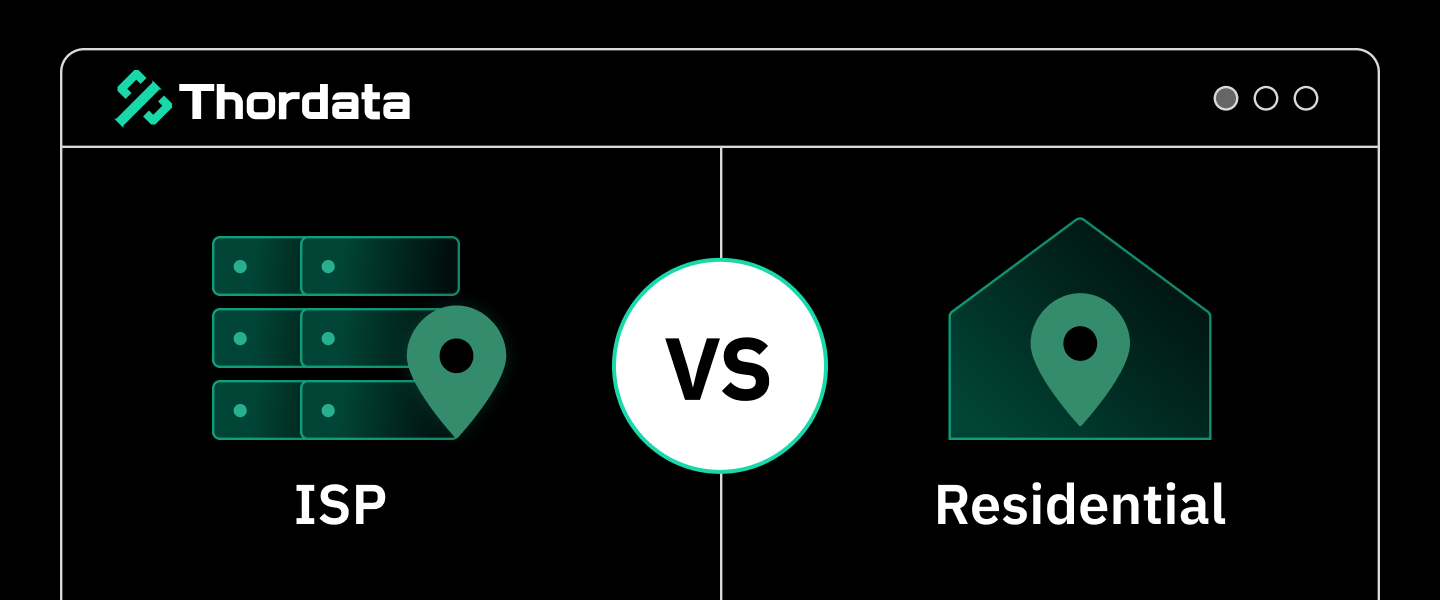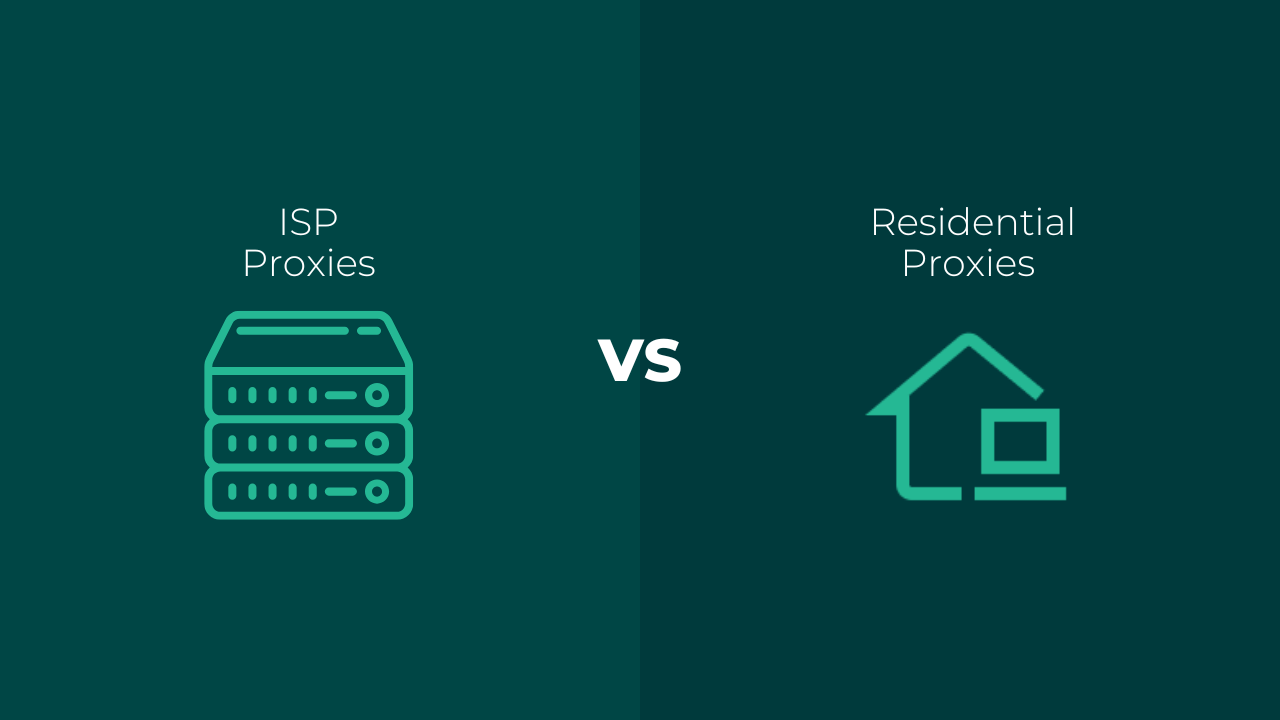Over 60 million real residential IPs from genuine users across 190+ countries.
Over 60 million real residential IPs from genuine users across 190+ countries.
Your First Plan is on Us!
Get 100% of your first residential proxy purchase back as wallet balance, up to $900.
PROXY SOLUTIONS
Over 60 million real residential IPs from genuine users across 190+ countries.
Reliable mobile data extraction, powered by real 4G/5G mobile IPs.
Guaranteed bandwidth — for reliable, large-scale data transfer.
For time-sensitive tasks, utilize residential IPs with unlimited bandwidth.
Fast and cost-efficient IPs optimized for large-scale scraping.
A powerful web data infrastructure built to power AI models, applications, and agents.
High-speed, low-latency proxies for uninterrupted video data scraping.
Extract video and metadata at scale, seamlessly integrate with cloud platforms and OSS.
6B original videos from 700M unique channels - built for LLM and multimodal model training.
Get accurate and in real-time results sourced from Google, Bing, and more.
Execute scripts in stealth browsers with full rendering and automation
No blocks, no CAPTCHAs—unlock websites seamlessly at scale.
Get instant access to ready-to-use datasets from popular domains.
PROXY PRICING
Full details on all features, parameters, and integrations, with code samples in every major language.
LEARNING HUB
ALL LOCATIONS Proxy Locations
TOOLS
RESELLER
Get up to 50%
Contact sales:partner@thordata.com
Proxies $/GB
Over 60 million real residential IPs from genuine users across 190+ countries.
Reliable mobile data extraction, powered by real 4G/5G mobile IPs.
For time-sensitive tasks, utilize residential IPs with unlimited bandwidth.
Fast and cost-efficient IPs optimized for large-scale scraping.
Guaranteed bandwidth — for reliable, large-scale data transfer.
Scrapers $/GB
Fetch real-time data from 100+ websites,No development or maintenance required.
Get real-time results from search engines. Only pay for successful responses.
Execute scripts in stealth browsers with full rendering and automation.
Bid farewell to CAPTCHAs and anti-scraping, scrape public sites effortlessly.
Dataset Marketplace Pre-collected data from 100+ domains.
Data for AI $/GB
A powerful web data infrastructure built to power AI models, applications, and agents.
High-speed, low-latency proxies for uninterrupted video data scraping.
Extract video and metadata at scale, seamlessly integrate with cloud platforms and OSS.
6B original videos from 700M unique channels - built for LLM and multimodal model training.
Pricing $0/GB
Starts from
Starts from
Starts from
Starts from
Starts from
Starts from
Starts from
Starts from
Docs $/GB
Full details on all features, parameters, and integrations, with code samples in every major language.
Resource $/GB
EN
首单免费!
首次购买住宅代理可获得100%返现至钱包余额,最高$900。
代理 $/GB
数据采集 $/GB
AI数据 $/GB
定价 $0/GB
产品文档
资源 $/GB
简体中文$/GB
Blog
Proxies

Choosing between ISP and residential proxies is crucial for your proxy setup. Both types hide your online identity but work differently regarding speed, stability, and detection rates.
This piece will get into the key differences between these proxy types. You’ll learn their strengths and weaknesses to help you pick the right solution. Whether you need proxies to scrape web data, track SEO, or run multiple online accounts, you’ll find the answers here.
ISP proxies (also called static residential proxies) blend datacenter infrastructure with legitimate Internet Service Provider registration. They’re IP addresses registered with genuine Internet Service Providers but hosted on datacenter servers instead of end-user devices. This unique mix gives them datacenter proxies’ speed and stability, plus residential IPs’ legitimacy. Ideal for tasks that require a consistent identity and long-lived sessions.
A residential proxy works as a middle server that routes internet traffic through IP addresses. Internet Service Providers (ISPs) assign these IPs to real households. These IPs belong to actual residential devices—computers, smartphones, tablets, and other home equipment connected to Wi-Fi networks. They show a real physical location, which makes them valuable for accessing sensitive websites with strict security protocols.
Your request goes through the proxy server when you connect through a residential proxy. The server then forwards it to the target website using one of its residential IPs. The website sees this traffic as coming from a regular home user instead of a proxy service. So your real location and identity stay hidden while your browsing activity looks legitimate.

A good look at ISP and residential proxies shows they each have their own strengths and weaknesses. Let’s take a closer look at what makes each type special and where they might not work so well.
ISP proxies blend datacenter infrastructure with legitimate IP registration. This creates a strong hybrid solution with clear benefits.
Advantages:
Superior speed and performance – These proxies work fast and stay up longer because they run on datacenter infrastructure with high-bandwidth connections
Extended session stability – Unlike their residential counterparts, ISP proxies keep connections going without breaks, which works great when you need steady connections
Reduced blocking risk – Websites see these as normal traffic, so they get blocked less often than regular datacenter options
Immediate availability – You can get lots of IPs right away and control how your sessions work
Disadvantages:
Higher cost – You’ll pay more for ISP proxies than datacenter options because they’re more reliable and legitimate
Limited subnet diversity – The IPs usually come from specific ranges, so if one gets blocked, others might too
Narrower geographic coverage – You won’t find as many location options as you would with residential proxy networks
These proxies use real household IP addresses to create a genuine online presence.
Advantages:
Enhanced anonymity – Your traffic goes through actual residential devices, making these proxies very hard to spot
Excellent IP diversity – The IPs rarely share subnets, so blocks don’t spread between addresses
Advanced geo-targeting – With IPs from real homes worldwide, these proxies work great at getting past geo-restrictions
Reduced detection risk – Even the best anti-bot systems don’t deal very well with residential proxies
Disadvantages:
Variable speeds – Since they use real people’s connections, these proxies can be slower and less steady
Potential instability – You might see some disconnects when devices go offline or have network problems
Premium pricing – Good residential proxy networks cost more because they’re authentic and reach globally
Your specific needs determine reliability. ISP proxies work better when you need steady, long-term connections with stable performance. They have minimal downtime and consistent speed, which helps with data-heavy tasks like SEO monitoring or managing accounts.
Residential proxies shine when staying hidden matters most. They look just like regular users, so they can access even the most protected websites.
To cite an instance, ISP proxies work great for price tracking and market research where speed counts most. Residential proxies do better with ad checking and accessing region-locked content where looking like a local user matters more than pure speed.
The best choice depends on what you need most – whether that’s staying anonymous, speed, stability, or keeping costs down. Each type has its sweet spot, and knowing these differences helps you pick the right tool for your job.
E-commerce companies use proxies to keep track of prices and analyze their competition. ISP proxies work best here because they’re fast and reliable for collecting large amounts of data. These companies use proxies to check their competitors’ prices and product availability without getting caught.
Check search results from different locations to track keyword rankings
Get unbiased results without personal search history affecting them
Look at backlinks and what competitors do without raising red flags
Digital advertisers need to verify their ads more than ever. Ad verification companies play a constant game of catch-up with fraudsters. They visit ad placements and suspicious sites to catch bad actors. These companies need residential proxies to:
See content and ads that are limited to specific regions
Make sure ads show up where they should
Check if ads reach the right people in the right places
Security systems often block companies trying to create multiple social media or e-commerce accounts from one IP address. Residential proxies help solve this problem by providing different IP addresses that look like separate users.
| Feature | ISP Proxy | Residential Proxy |
| Source | Data-center networks | Real residential IPs |
| Speed | High | Medium |
| Bandwidth | High, often unlimited | Variable |
| Reliability | High uptime | Low-Medium |
| Anonymity | Medium | High |
| Detection & Block Risk | Higher; sites often block data-center ranges | Lower; harder to distinguish from genuine users |
| Cost | Usually more expensive | Usually cheaper |
| Geographic Coverage | Good coverage in major regions | Good coverage in major regions |
| Rotation Capability | Supports automatic IP rotation | Usually requires manual rotation |
In this test, our team primarily compared the web scraping performance of ISP proxies and residential proxies, focusing on requests per second (RPS), success rate, session duration, latency, and throughput.
Methodology
– Environment: Tests on Amazon sites using tools Scrapy and Selenium; VPS servers with 1Gbps connections.
– Date: 2025-12-24
Key Results
– Requests Per Second (RPS): ISP: 50-100 RPS (due to stable bandwidth); Residential: 10-30 RPS (limited by rotations and user networks).
– Success Rate: ISP: 95-98% (consistent on APIs); Residential: 90-97% (better evasion but variable).
– Session Duration: ISP: 24+ hours (static stability); Residential: 5-30 minutes (frequent rotations).
– Latency: ISP: 10-50ms; Residential: 100-300ms (3-4x slower).
– Throughput: ISP: 100-300 Mbps; Residential: 10-100 Mbps.
ISP proxies stand out thanks to their perfect combination of speed and legitimacy. They offer data-center-level performance while appearing as normal user traffic, which makes them ideal for tasks that require stable, long-term connections. Residential proxies perform best when you need maximum anonymity, especially when accessing highly secure websites that use sophisticated detection systems.
We hope this article has helped you understand the differences between ISP proxies and residential proxies. If you have any questions, feel free to contact us at support@thordata.com.
Learn more about proxy services:
Frequently asked questions
What’s the Difference Between ISP and Residential Proxies?
The main difference between ISP and residential proxies lies in their infrastructure and usage. ISP proxies use IP addresses assigned by internet service providers, offering high speed and stability. Residential proxies, on the other hand, use IPs from real users’ home networks, making them more authentic and harder to detect.
Are residential proxies cheaper than ISP proxies?
Generally speaking, residential proxies are cheaper than ISP proxies. ISP proxies are usually more expensive due to their high speed and stability. Residential proxies are usually cheaper, but may require a larger proxy pool to compensate for potential slowdowns and IP rotation needs.
How to choose between residential proxy and ISP proxy?
Choose based on your needs: use residential proxies for higher anonymity and geo-targeting, and ISP proxies for faster, more stable performance in tasks like Account Management.
About the author

Yulia is a dynamic content manager with extensive experience in social media, project management, and SEO content marketing. She is passionate about exploring new trends in technology and cybersecurity, especially in data privacy and encryption. In her free time, she enjoys relaxing with yoga and trying new dishes.
The thordata Blog offers all its content in its original form and solely for informational intent. We do not offer any guarantees regarding the information found on the thordata Blog or any external sites that it may direct you to. It is essential that you seek legal counsel and thoroughly examine the specific terms of service of any website before engaging in any scraping endeavors, or obtain a scraping permit if required.
 Looking for
Top-Tier Residential Proxies?
Looking for
Top-Tier Residential Proxies? 您在寻找顶级高质量的住宅代理吗?
您在寻找顶级高质量的住宅代理吗?
Puppeteer vs Selenium: Speed, Stealth and Detection Benchmark
Benchmark comparing Puppeteer ...
Kael Odin
2026-01-14

Best Scraper API for Scraping Hotel Prices
This article explores Google h ...
Anna Stankevičiūtė
2026-01-14

Best Web Scraping Proxy Services in 2026
Looking for the best web scrap ...
Jenny Avery
2026-01-13